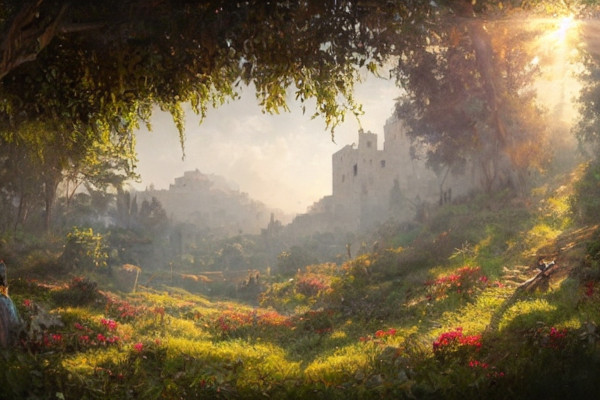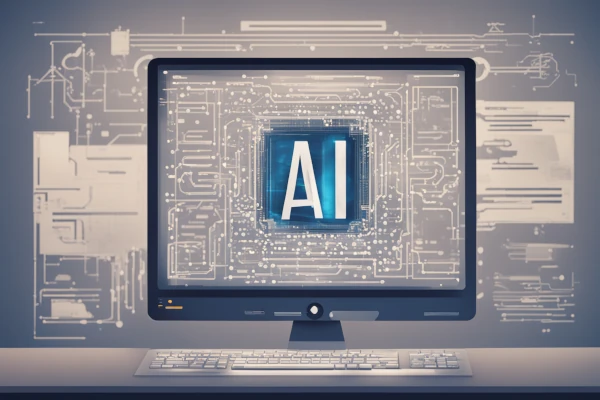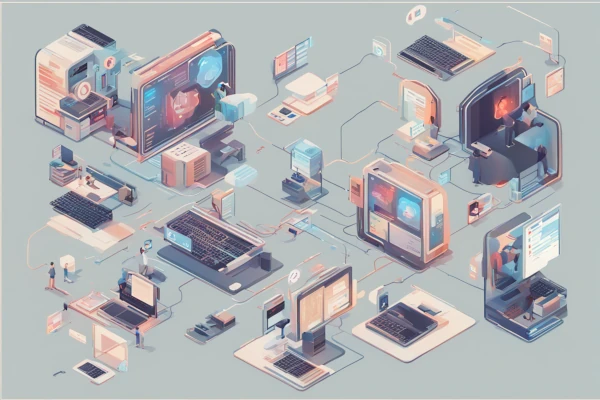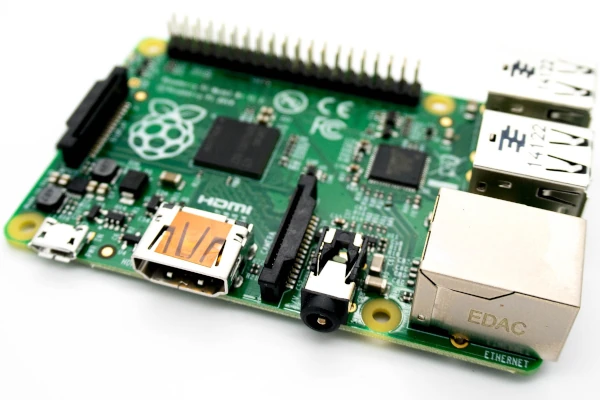Officially defined as an AI system that creates photorealistic images from input text, Imagen is Google’s latest experiment with AI.
Google Imagen presents deep textual understanding producing photorealistic generation technology:
“We present Imagen, a text-to-image diffusion model with an unprecedented degree of photorealism and a deep level of language understanding. Imagen builds on the power of large transformer language models in understanding text and hinges on the strength of diffusion models in high-fidelity image generation. Our key discovery is that generic large language models (e.g. T5), pretrained on text-only corpora, are surprisingly effective at encoding text for image synthesis: increasing the size of the language model in Imagen boosts both sample fidelity and image-text alignment much more than increasing the size of the image diffusion model.
Imagen achieves a new state-of-the-art FID score of 7.27 on the COCO dataset, without ever training on COCO, and human raters find Imagen samples to be on par with the COCO data itself in image-text alignment. To assess text-to-image models in greater depth, we introduce DrawBench, a comprehensive and challenging benchmark for text-to-image models. With DrawBench, we compare Imagen with recent methods including VQ-GAN+CLIP, Latent Diffusion Models, and DALL-E 2, and find that human raters prefer Imagen over other models in side-by-side comparisons, both in terms of sample quality and image-text alignment.”
The Google Imagen Website includes an array of Imagen’s text to image examples such as a dog looking curiously in the mirror, seeing a cat, A small cactus wearing a straw hat and neon sunglasses in the Sahara desert, Android Mascot made from bamboo, A blue jay standing on a large basket of rainbow macarons, etc.. You can also formulate your own AI combinations.




